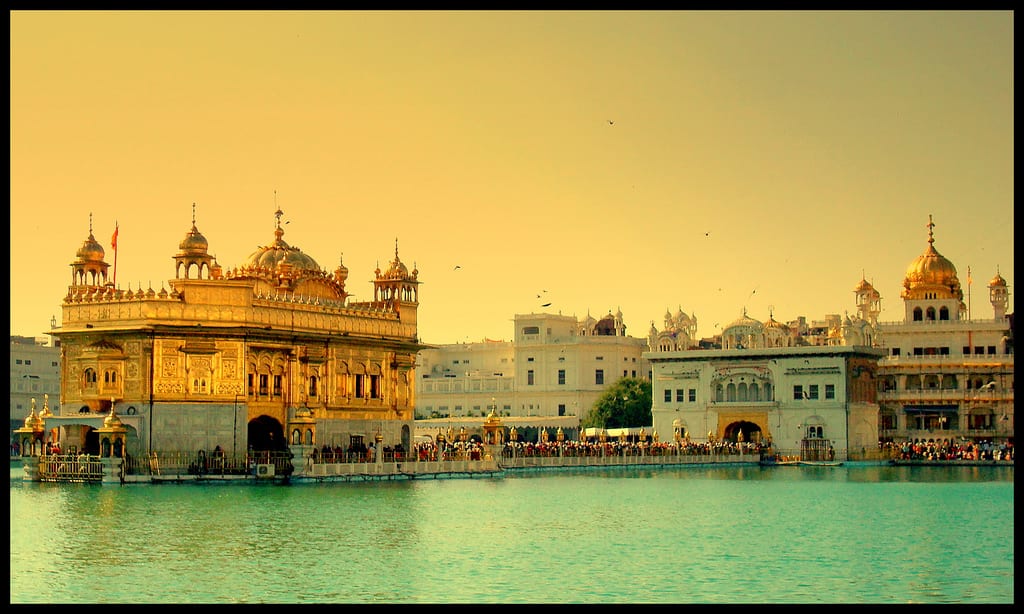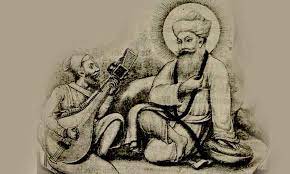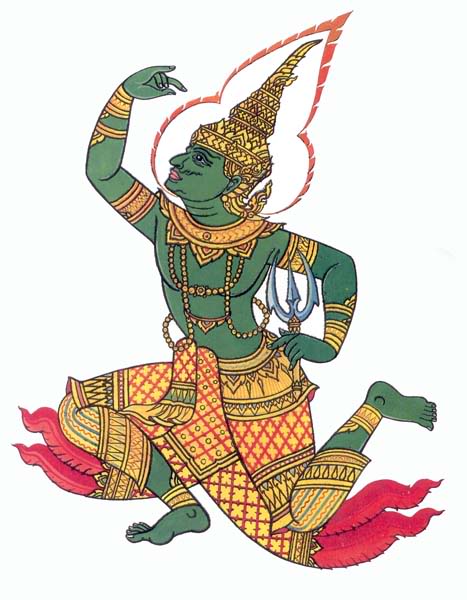Discover the profound meaning of Ardas, a central supplication in Sikh rituals, reflecting a rich history of dedication and spiritual unity.
Discover the rich history of Darbar in Sikhism, symbolizing royal courts and sacred shrines, like the revered Sri Darbar Sahib in Amritsar.
Dive into Makkhan Shah's journey, a trader of the Lubana clan, who discovered Guru Tegh Bahadur amid contenders in 1664, marking a pivotal Sikh moment.
Discover the heroic legacy of Santa Singh, a revered martyr from a humble barber family, who inspired many with his devotion and sacrifice at Nankana Sahib.
Explore how Hinduism honors ancestors with rituals deemed sacred, contrasting with Sikhism's focus on prayer over offerings. Learn more here.
DEATH, the primordial mystery and one of the cardinal conditions of existence. Scientifically, death is defined as "the permanent cessation of the vital function in the bodies of animals and plants" or, simply, as the end of life caused by senescence or by stoppage of the means of sustenance to body cells. In Sikhism the universal fact of mortality is juxtaposed to immortality (amarapad) as the ultimate objective (paramartha) of life. As a biological reality death is the inevitable destiny of everyone. Even the divines and prophets have no immunity from it. Mortality reigns over the realms of the gods as well.
Explore the inspiring life of Sant Mela Singh, a revered Sikh saint who spread faith and harmony across Kashmir and Punjab.
Discover the profound insights of ANT KAL, the moments before death. Embrace these last reflections through meditation and remembrance.
NIRANJAN SINGH, SANT (1922-1994). Fair complexioned, and blue eyed, Giani Sant Niranjan Singh was nurtured on several branches of learning, old and new. He was especially interested in vedanta and nydya. He was also well read in Panini. All his life he remained immersed in Sikh letters.





